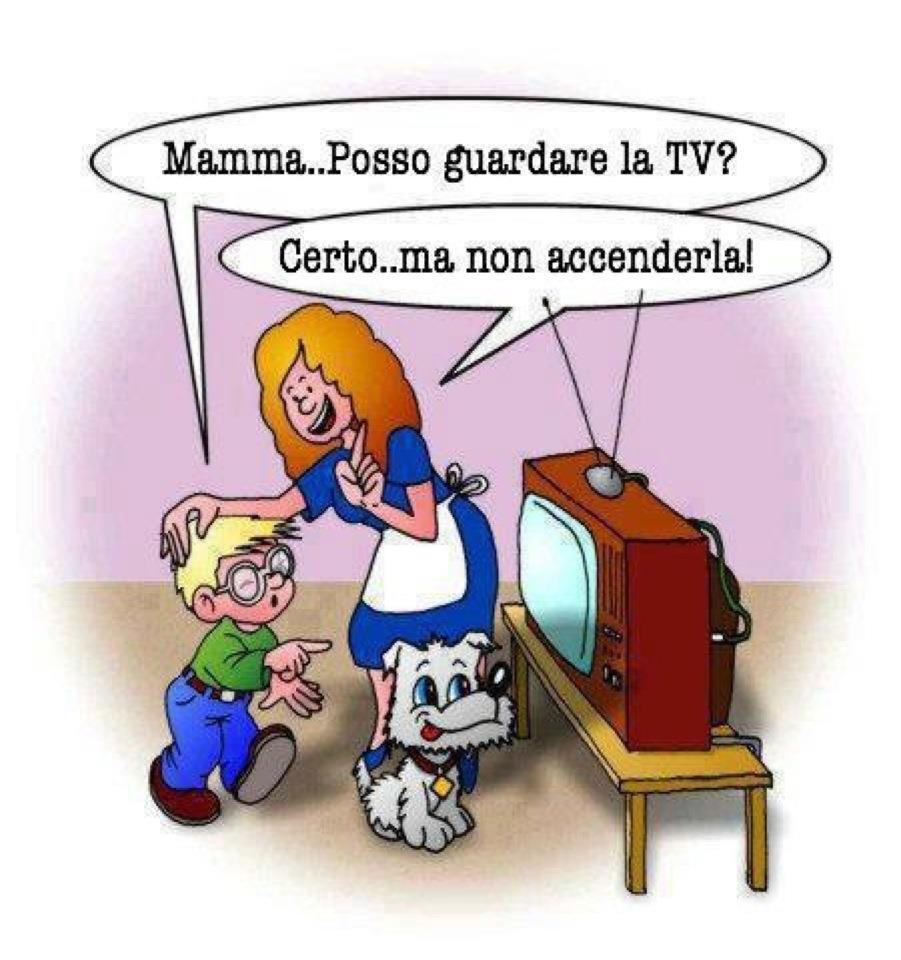Lazy astronauts up in your space station, and lazy submariners under the polar ice cap … where are your answers? Luckily some of our clever readers have had a go at this weeks quiz, which, if you haven’t yet seen it, you can find HERE. Now, let’s see how you got on.
1. Finché or finché non?
This is always a confusing topic. If you’re still getting muddled up I recommend this blog: Italian False Negatives
we can’t go out while it’s so hot = non possiamo uscire di casa finché fa così caldo
we can’t go out until it’s cooler = non possiamo uscire di casa finché non fa più fresco
he kept driving until it got dark = ha continuato a guidare finché non ha fatto buio
he kept driving while there was still light = ha continuato a guidare finché c’era luce
stay as long as you want = (tu) resta finché vuoi
stay until Marco arrives = resta finché non arriva Marco
2. Communicating
Can I speak to you about the meeting? = Posso parlarti della riunione?
I spoke with Giovanni about the meeting = Ho parlato a Giovanni della riunione
Giovanni told me that you wanted to see me = Giovanni mi ha detto che mi volevi vedere
If you see Giovanni tell him that the meeting is at eight o’clock = se vedi Giovanni digli che la riunione è alle otto
Laura told me that Giovanni isn’t well = Mi ha raccontato Laura che Giovanni non sta bene
In fact Giovanni phoned Laura yesterday evening = Infatti Giovanni ha telefonato a Laura ieri sera
3. Necessities
You have several options on this one, I’ve included the different variations in the answers below.
the gas bill must be paid today = oggi bisogna, occorre, è necessario pagare la bolletta del gas
we have to pay the gas bill today = oggi dobbiamo pagare la bolletta del gas
if you want to catch that train you have to leave right now = se vuoi prendere quel treno bisogna, occorre, è necessario partire subito
to build a wall you need bricks = per costruire un muro servono, ci vogliono, occorrono, sono necessari i mattoni
to make a cake you need flour = per fare un dolce serve, ci vuole, occorre, è necessaria la farina
to make cement you need sand and water = per fare il cemento servono, ci vogliono, occorrono, sono necessarie la sabbia e l’acqua

Mum … Can I watch the TV? Of course … but don’t turn it on!
A big thank you to all our readers who had a go, including those who were too shy to post their answers. Maybe next time?






Comments:
Phil:
I am a contributor on the Word Reference Forum Italian-English message board and the use of “finché” and “finché non” has been discussed (http://forum.wordreference.com/threads/finch%C3%A9-purch%C3%A9-a-patto-che.47122/). Interestingly enough, they use exactly the opposite definition from yours! I noticed mine were 100% reversed and I used the WRF page noted above to figure out the answers.
I wonder what the real answers are. 🙂
Phil
Geoff:
@Phil I’ve looked at that link Phil, and I can’t see where they use the opposite definition.
However, I can see that there are a lot of errors in that discussion. These are not professionals, so beware.
Trust me Phil, the correct translations are, as we have given here: https://blogs.transparent.com/italian/italian-false-negatives/
finché non = until
finché = while/as long as
P.S. I’ve heard from my line manager, and they are looking into the formatting problem for comments.
A presto, Geoff
Phil:
@Geoff Geoff,
Thanks for the reply. It is very confusing as you well know. I think the only solution is to retire to Italy and study the language for about 40 years!
I appreciate your blogs and look forward to many more years of fun and excitement.
Phil
Geoff:
@Phil You’re very welcome Phil, non c’è di che! A presto, Geoff 🙂
Ann:
As one of your shyer (is that a word?) followers, thank you for the October Quiz. Very telling. Clearly must revise puzzling non-negatives and all those “necessaries”. Are they all interchangeable in those more impersonal situations?
John:
Well that was quite testing! I’m far too embarrassed to post my answers. Thanks very much for the excellent test.
Rosalind:
I would also love to have more clarification on the “necessaries”. Perhaps by laziness ( I don’t know) in French we tend to use “il faut” and in Corsican “ci vole / volenu”. So whenever it is a question of necessity/ obligation in Italian I tend to say “ci vuole / vogliono” . Is this wrong / lazy / acceptable at a pinch ?
By the way, odd things happen when trying to type a comment to your blog especially regarding inverted commas, quotes and line breaks.
Geoff:
@Rosalind “By the way, odd things happen when trying to type a comment to your blog especially regarding inverted commas, quotes and line breaks”
I’ve reported this to my line manager Rosalind, and they’re looking into it.
Serena:
@Rosalind Salve Rosalind!
Have a look at this post and its links on the use of ci vuole.
Saluti da Serena
Rosalind:
Grazie Serena,
Il link non c’era ma ho trovato 2 articoli del mese d’Agosto che avevo mancato. Sono molto utili e adesso occorre impararli!